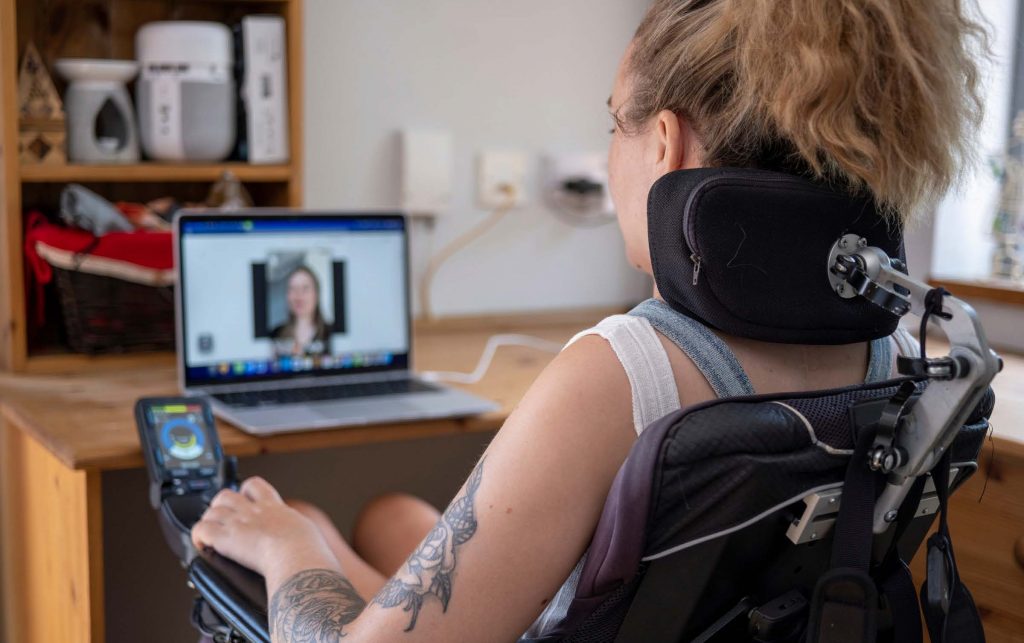Complex Rehab Technology: An Essential Business
The COVID-19 pandemic is a health crisis beyond anything our modern world has experienced. The implications of this global event continue to affect every aspect of society and industry, most notably the healthcare community.
The complex rehab technology (CRT) industry has also faced COVID-19 challenges, however, as a federally deemed essential provider, providers such as National Seating & Mobility (NSM) are able to forge ahead in serving clients who are vulnerable not only to the virus, but to other potential negative health outcomes without access to CRT. In addition, essential CRT services also support hospitals during this critical time by keeping high-risk potential patients out of healthcare facilities struggling with limited capacity and resources.
Barriers to CRT Care
While the Centers for Medicare & Medicaid Services has adjusted some rules for the healthcare industry, the expansion of telehealth does not yet include CRT-specific care and services provided by physical therapists, occupational therapists and assistive technology professionals.
“The healthcare industry has been fortunate that federal and state officials have been diligently supporting efforts for adjusted rules and requirement waivers from the Centers for Medicare & Medicaid Services,” said Jeremy Stone, NSM VP Payer Relations. “We are hopeful that some of the barriers to continued care will also be removed for CRT in order to further allow much needed new pathways to care for CRT users in response to COVID-19.”
Elevating CRT as Essential
Though the current designation as an essential business is specific to the COVID-19 pandemic, individuals living with significant health conditions and mobility challenges and the providers – like NSM – who work daily to ensure they have the equipment they need to move through life would argue that the acknowledgment as such has been a long time coming.
“In the mammoth healthcare landscape with varying segments vying for legislative attention and priority, our seemingly small sector that represents CRT is often easily missed,” added Stone. ““Despite the critical importance of what we do, our industry must constantly fight to elevate the awareness and magnitude of importance of CRT in the health care continuum.”
Individuals with conditions such as cerebral palsy, muscular dystrophy, multiple sclerosis, and spinal cord injuries experience physical, functional and cognitive challenges and often rely on equipment to function on a daily basis. To this group of individuals, CRT is always an essential business.
For this reason, providers like NSM will step up in this time of crisis to serve those who rely on CRT. Once the pandemic subsides, the industry can align to take the progress made during COVID-19 into the future.
“COVID-19 has had a terrible impact on our country and our world,” said Stone. “Perhaps the silver lining is that decision makers will now recognize the needs of our clients and the essential services the CRT industry provides.”
Related Articles
Camping Made Possible
Depending on what climate you live in, late fall to early spring can be the perfect time to squeeze in a camping trip, and the…
Back to School with Confidence
Navigating the Transition from Summer to School for CRT Users It’s back-to-school season, and the transition from a relaxed summer schedule to the more structured…
CRT Repair: Resolution, Repair & the Heart of the Matter
The Mobility Management podcast interview sheds light on the multifaceted challenges and urgent need for reforms in the repair and maintenance of Complex Rehab Technology…


